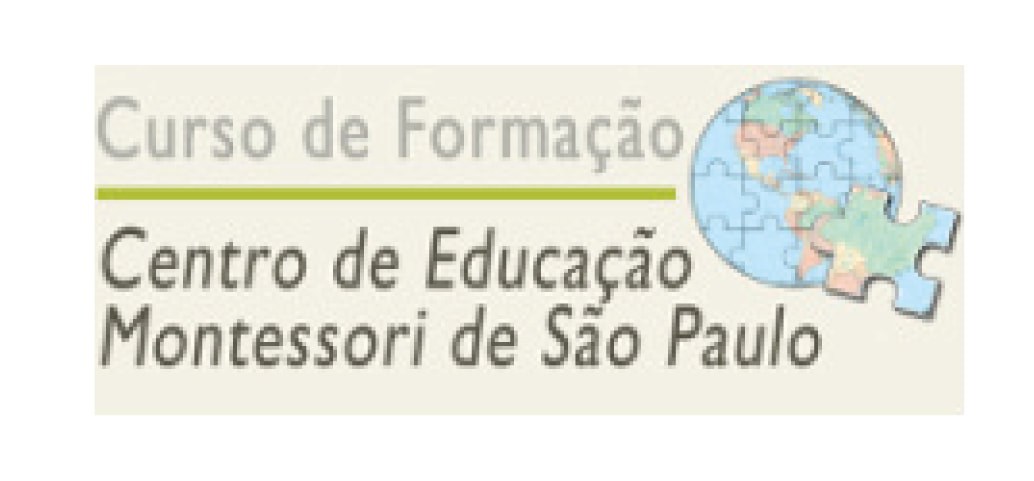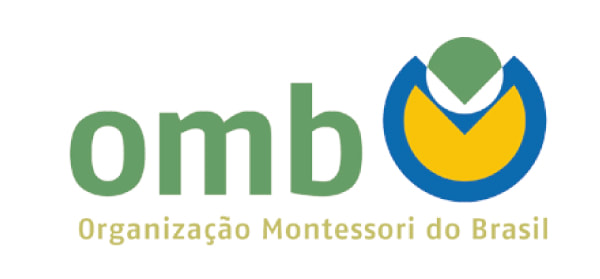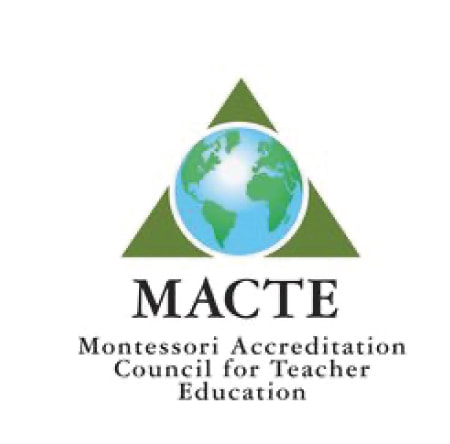Most Frequently Asked Questions about Montessori
- Why Early Childhood Education?
Between ages 3-6 years, children are in a sensitive period for learning. At this age, they can absorb, with pleasure, many concepts in a concrete way that are sometimes difficult to learn later. In a Montessori room, for example, a decimal unit is not simply a number on paper, it is something the child can hold in her hands. These concrete materials are intended to lead the child to the abstract concept for future learning challenges.
- What is Montessori?
The name comes from the founder of the Montessori teaching method. The method provides a montessori philosophy and methodology that was developed over decades through studies by Maria Montessori. Maria Montessori was a medical anthropologist and scholar of human development. Maria dropped the medical profession after working with children with limitations that surprised her with success in the academic area following the attention and focus of her work. Today the method is found in schools worldwide, both public and private.
See a reference to more information:
http://www.montessori.edu/
- Is the Montessori Environment very structured?
Children should work and live in structured environments to feel safe. Because they have this sense of 'inner chaos' and seek to understand many new concepts, they cannot function or develop well in an environment that is unstructured. The Montessori environment is a pleasant environment where the child feels comfortable because it is organized, calm and she knows what to expect.
- Do children, having studied in Montessori schools, adapt to a different educational program?
The curriculum helps children have self-control, direction and independence. A child with these skills can fit easily into any educational structure.
- Is the Montessori method too liberal?
Montessori said: "The biggest problem of freedom, its meaning and implications should be clearly understood. The idea that adult freedom is simply to minimize duties and obligations must be rejected. The freedom given to children is not the release of parents and teachers, is not freedom from the laws of nature or society, but the highest freedom of self development and self-realization compatible with service to society. "In the Montessori environment “free” is the opportunity to make appropriate choices in an environment that offers rich opportunities.
- Why mixed-age classrooms?
The Montessori preschool environment is created for chidren from 3 to 6 years old. Because no two children grow and mature in exactly the same way, the materials available to them are varied and numerous. The activity, for the right time, is there to be presented to the child when s/he is prepared... or chooses on their own, according to their interests. However, no child is held back if their ability indicates the need to move forward and progress or, conversely, no child is pressed to develop or refine skills that she is not yet ready to dominate.
Sensitive periods for each child may be capitalized on in an environment of mixed ages. At the same time, inside a Montessori room there are available on the shelves as many as 300 activities for presentation. Furthermore, the advantages of a child coming into a room with three years of age and staying there until 6 are numerous. The child has time to adapt to the environment, grow and develop without having to go through readaptations every 12 months. Children with more experience in the room help the younger ones in their tasks, thus creating a non-competitive and comfortable atmosphere. The transition from home to school is much easier and enjoyable in this environment.
- Do children in a montessori environment learn to work together?
Yes, children have the experience of group line activities that happen every day, during recess, special subjects and for group presentations appropriate for all students. They also work in small groups in academic activities often. Children also work individually with the various activities to prosper according to their ability and interest.
- How do you discipline a child in a Montessori environment?
It has been observed that children during the work process demonstrate self-discipline and concentration during the activity. Children appreciate the work they do if it is by choice and if the work is appropriate. Discipline is the job of the teacher and the answer is to redirect the child for a job that requires concentration. The Montessori philosophy is based on respect. Each individual is free to choose within limits that respect the rights of all others. There are basic rules inside of which everyone can work calmly and these must be respected.


